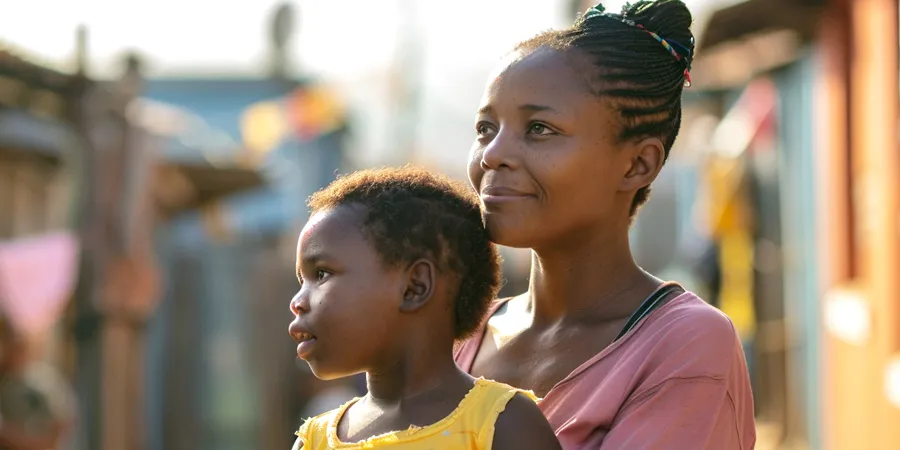In the quest for more inclusive and sustainable economic progress, Southern Africa must address the pressing need to diversify its economies, foster job-friendly growth, and invest in the development of its human capital.
Although easier said than done, this multifaceted approach holds the key to unlocking the region’s true potential and ensuring that the benefits of development are equitably distributed, particularly among the rapidly growing youth population.
The economies of Southern Africa have long been heavily reliant on the extraction and export of natural resources, such as minerals, oil, and agricultural commodities. While these sectors have undoubtedly contributed to economic growth, they are often susceptible to volatile global market conditions and can lead to uneven development, with the benefits accruing primarily to a small segment of the population.
To achieve a more inclusive and sustainable growth, Southern African nations must actively diversify their economic portfolios. This can be accomplished by fostering the development of value-added industries, such as manufacturing, technology, and services, which have the potential to create a broader range of employment opportunities and generate more equitable wealth distribution.
Fostering Job-Friendly Growth
Alongside economic diversification, Southern Africa must prioritise the creation of job-friendly growth. This means implementing policies and strategies that prioritise the creation of high-quality, sustainable jobs that can absorb the region’s rapidly growing workforce, particularly the youth.
Investments in infrastructure, such as transportation, energy, and telecommunications, can help to improve the business environment and attract new industries, thereby generating employment opportunities. Additionally, targeted support for small and medium-sized enterprises (SMEs), which are often the backbone of local economies, can help to stimulate job creation and foster entrepreneurship.
Investing in Human Capital Development
Ultimately, the success of Southern Africa’s economic transformation will hinge on the region’s ability to invest in the development of its human capital. This means prioritising education, skills training, and healthcare to ensure that the population is equipped with the knowledge, skills, and physical well-being necessary to thrive in a rapidly changing global economy.
By investing in quality education, from early childhood to tertiary levels, Southern African nations can equip their citizens with the critical thinking, problem-solving, and technical skills required to excel in a diverse range of industries.
Vocational training and apprenticeship programs can also play a crucial role in bridging the gap between the skills demanded by the labour market and the skills possessed by the workforce.
The path to inclusive and sustainable growth in Southern Africa lies in a comprehensive approach that combines economic diversification, job-friendly growth, and human capital development.
By addressing these interconnected challenges, the region can unlock its vast potential and ensure that the benefits of development are shared equitably among all its citizens, particularly the rapidly growing youth population.
This holistic strategy has the potential not only to drive economic progress but also foster social cohesion and improve the overall well-being of the region’s people.
